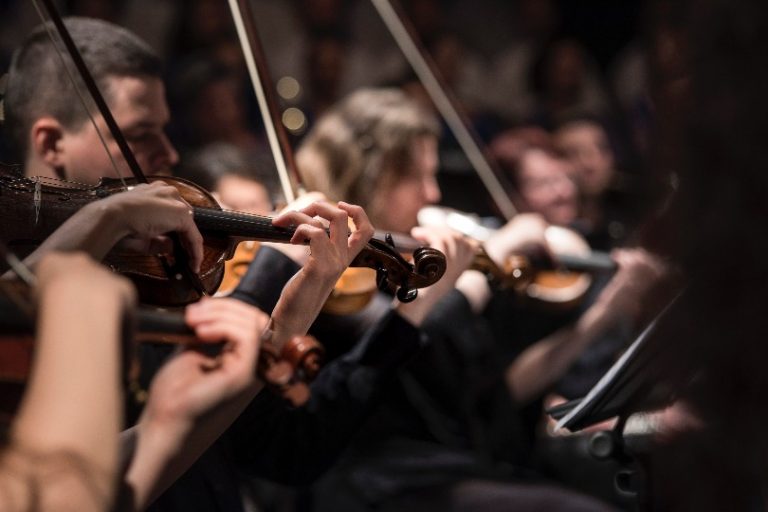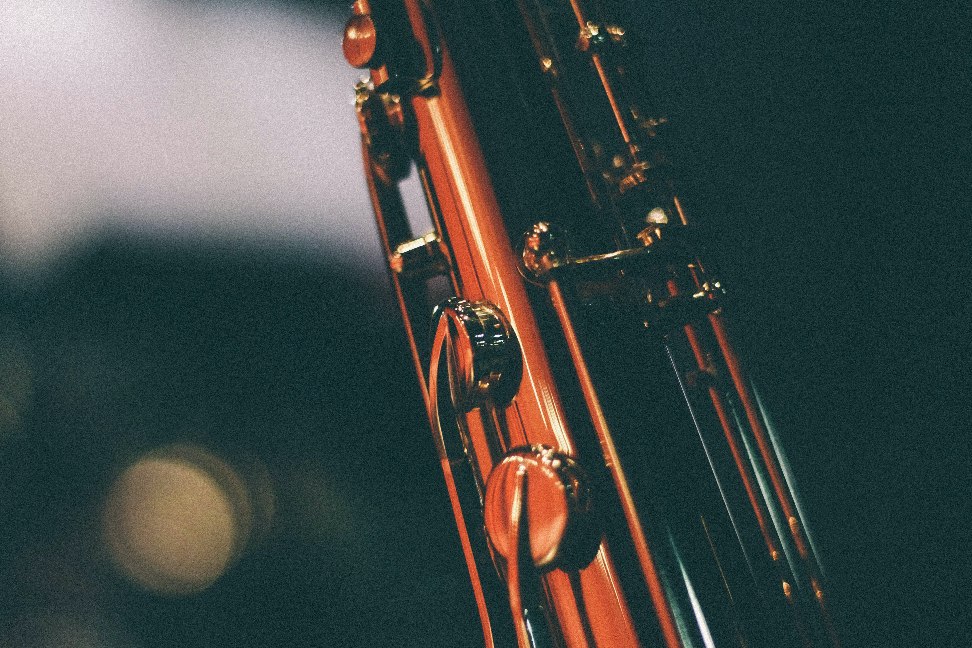Playing and learning music benefits people of all ages, from relieving stress, increasing academic performance to improving concentration while studying, because music engages both sides of the brain. Explore the top 8 best musical instruments for students to learn!
1. Piano/Keyboard
The piano is one of the oldest and the most popular musical instruments that attracts many players around the world. It is one of the few instruments in which all elements of music (melody, harmony, rhythm, and dynamics) can be expressed at all levels of complexity through combinations of notes. Wired has a video with Pianist and composer Nahre Sol. She attempted to play “Happy Birthday” in 16 levels of complexity: Easy to Complex.
The piano and keyboard have some similarities, but what differs between them is that keyboards are electronic and are easier to move around. Learning piano and keyboard is not complicated, but mastering the skill requires years of practice. Students who master this instrument will develop their physical, and psychological abilities.
2. Guitar
The guitar is one of the most popular and easiest musical instruments to pick up. With a couple of hours of practice, you will be able to learn guitar chords to play your favorite songs. This instrument is great for younger students as well as adults because it allows them to see the outcome quickly. Guitar chords don’t require advanced dexterity. Students can learn the basics of music and build an easier level of dexterity that helps them transition to other instruments.
Guitar has many types, from classical guitar, acoustic guitar, bass guitar, to electric guitar that each produce different tones for the song. Before deciding on studying guitar, students should choose which type of guitar they want to experiment with the most. If you are interested in buying a guitar and want to learn simple chords, Chordbuddy has a great article instructing beginners on how to play guitar.
3. Ukulele
According to Wikipedia, The ukulele is an instrument that is rich with history and tradition. First appearing in Hawaii in the 1800s, the ‘uke’ has found a unique home for itself in both traditional and popular music. A great starting point for musicians of any age, the uke is an easy-to-learn instrument that will provide a challenge, as well as musical joy, for years to come.
If you are looking for a beginner instrument to learn, the Ukulele is the best option for you. With only four strings and a small appearance, the Ukulele is perfect for students who want to explore music and instruments. If you are interested in music but do not know how to start or where you can develop certain skills like notes reading, fingers coordinating… you should consider choosing the Ukulele.
4. The Drums
Drums are instruments that are widely spread with differences and varieties around the world, from the Dong Son drums in Vietnam to the Conga drums in Cuba – all fall under the category of the drums.
Drums are considered great stress and frustration relievers, because learners are encouraged to play strong sounds, even though they can be considered loud or noisy at times. With the popularity of drums, there are several electronic drums in the market that only produce sound through headphones, so parents do not have to worry about the noise anymore! Playing the drums seems easy, but the complexity lies in the coordination of sound through different drums. Drums teach children project management, how to partition large tasks into smaller ones, as well as concentration management.
5. Flute
The oldest flute ever discovered was dated to about 43,000 years ago, and its popularity reached its highest peak in the 19th century. The flute is one of the easiest instruments for students to pick up. It also has other advantages as a first instrument: it’s inexpensive, easy to learn, and easy to move! Beginner flutes usually range in cost from $20 to $100.
The flute is loved by many people because of its simple mechanism and unmatched melody. Flute lovers believe that “the melody of a flute touches the soft corners of a listener’s psyche. It soothes the disturbed heart and mind with its simple yet pleasant tunes.”

6. Violin
Regarded as the best known and most widely used musical instrument in the world, the violin is one of the most popular options for students who are looking to learn a new musical instrument. The violin was recognized early for its singing tone, it became one of the most important stringed instruments in any symphony. Mozart, Beethoven, Brahms… all fell in love with the magical sound that the violin produced.
However, proportionate to the quality sound it creates, the Violin is also one of the most difficult instruments to learn. Since it is a bowed instrument, it is a very complex and sensitive instrument. Thus, the instrument requires consistent practice and patience in order to master it.
7. Saxophone
The saxophone is another woodwind instrument besides the flute. The saxophone can easily fit into many genres, though it’s mostly associated with jazz music. The saxophone is easy to learn but hard to master, because it requires effort to produce a good quality tone from the saxophone.
People who have prior experience with any wind instrument will adapt to the saxophone very quickly, but this doesn’t mean people without previous experience can’t pick up this instrument. In school orchestras, saxophones are needed; therefore, being able to play this seemingly unique instrument will give students opportunities to perform at school, nationally, or internationally.
8. Cello
The Cello is a base musical instrument in the violin family group. Also known as the violoncello, the cello in the 19th century became the most important bowed instrument for solo works. It is constructed using the same components as the violin, the only difference being the larger size.
The cello can be played as a solo instrument, as well as in chamber music ensembles, string orchestras, as a member of the string section of symphony orchestras, and some rock bands. Similar to the violin, the cello is also a difficult instrument to master. However, students who master the cello will develop a great sense of musicality as well as body coordination.










